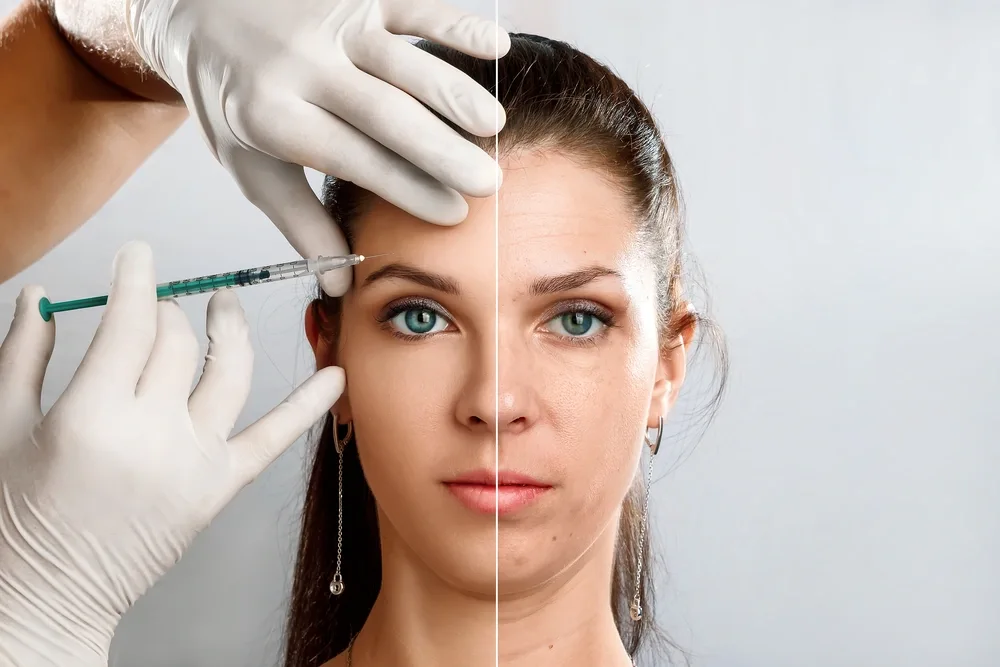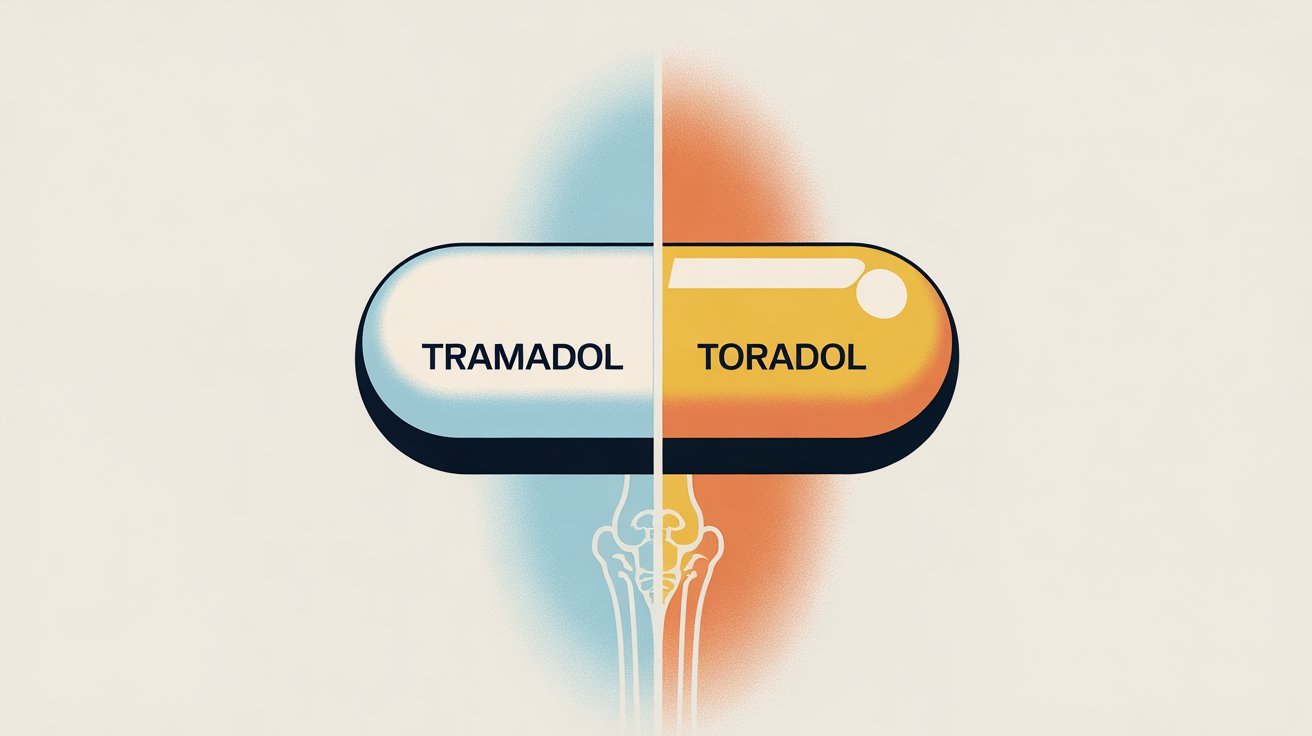Mental health issues affect millions of people, yet many go undiagnosed due to a lack of awareness. Identifying early symptoms is crucial for seeking timely help and preventing more severe complications.
If you or someone you know is struggling with emotional, psychological, or behavioral changes, understanding the warning signs can be the first step toward healing.
Why Early Detection of Mental Health Issues Matters
Ignoring mental health symptoms can lead to worsening conditions, strained relationships, and difficulty managing daily responsibilities. The sooner treatment begins, the better the chances of recovery and improved quality of life.
Benefits of Early Intervention
✅ Prevents Symptoms from Escalating – Early treatment reduces the severity of conditions like anxiety and depression.
✅ Enhances Coping Skills – Individuals learn strategies to manage emotions and stress effectively.
✅ Improves Overall Well-Being – Seeking help early promotes emotional stability and physical health.
✅ Strengthens Relationships – Addressing issues early can prevent conflicts with loved ones.
✅ Reduces the Risk of Self-Harm – Timely intervention can prevent dangerous behaviors and suicidal thoughts.
Common Early Signs of Mental Health Issues
While symptoms vary depending on the disorder, some general warning signs indicate the need for professional help.
1. Persistent Sadness or Mood Changes
Frequent feelings of sadness, hopelessness, or irritability that last for weeks or months could be signs of depression or mood disorders.
2. Increased Anxiety or Worry
Excessive fear, nervousness, or panic attacks without a clear cause may indicate an anxiety disorder.
3. Withdrawal from Social Activities
Avoiding friends, family, or hobbies that once brought joy could signal depression or social anxiety.
4. Difficulty Concentrating or Making Decisions
Struggling with focus, forgetfulness, or indecisiveness may be linked to anxiety, depression, or ADHD.
5. Changes in Sleeping Patterns
Insomnia, excessive sleeping, or disrupted sleep can be a sign of mental health concerns such as depression or PTSD.
6. Unexplained Physical Ailments
Headaches, stomach issues, or chronic pain with no clear medical cause may be linked to mental health disorders.
7. Sudden Changes in Appetite or Weight
Dramatic weight loss or gain, along with changes in eating habits, can indicate anxiety, depression, or an eating disorder.
8. Increased Substance Use
Using alcohol, drugs, or prescription medications to cope with emotions may indicate an underlying mental health issue.
9. Uncontrollable Mood Swings
Frequent emotional highs and lows, irritability, or extreme behavior changes could be signs of bipolar disorder or other mood disorders.
10. Thoughts of Self-Harm or Suicide
Any thoughts of self-harm, hopelessness, or suicide require immediate professional intervention.
When to Seek Professional Help
If you notice any of these warning signs in yourself or a loved one, seeking professional support is essential. Mental health treatment provides coping strategies, therapy, and medication management to help individuals regain balance.
Types of Mental Health Treatment Available
Depending on the severity of symptoms, different treatment options may be recommended.
1. Therapy and Counseling
Therapy helps individuals understand their emotions and develop healthy coping mechanisms. Common types include:
- Cognitive Behavioral Therapy (CBT) – Reshapes negative thought patterns.
- Dialectical Behavior Therapy (DBT) – Helps manage intense emotions.
- Family Therapy – Supports improved communication and relationships.
2. Medication Management
For certain conditions like depression, anxiety, and bipolar disorder, medication may be prescribed to balance brain chemistry.
3. Support Groups and Peer Counseling
Connecting with others facing similar challenges can provide emotional support and encouragement.
4. Holistic Approaches
Wellness practices like yoga, meditation, and nutrition counseling can complement traditional treatment.
5. Intensive Outpatient or Inpatient Care
For severe cases, structured treatment programs provide round-the-clock care and support.
How to Help a Loved One Experiencing Mental Health Symptoms
Supporting someone struggling with mental health issues can make a significant difference in their recovery.
Ways to Offer Support:
💙 Encourage Open Conversations – Let them know you’re there to listen without judgment.
💙 Educate Yourself – Learn about their condition to understand what they’re going through.
💙 Help Them Seek Treatment – Offer to research treatment options or accompany them to appointments.
💙 Be Patient and Supportive – Recovery takes time, so avoid pressure or unrealistic expectations.
💙 Practice Self-Care – Supporting a loved one can be emotionally taxing, so take care of your own well-being too.
Why Choose Treat MH New York for Mental Health Treatment?
At Treat MH New York, we provide compassionate, evidence-based care for individuals struggling with mental health challenges. Our expert team offers personalized treatment plans, therapy, and holistic healing options to promote long-term recovery.
Our Approach Includes:
- Individualized treatment tailored to each person’s unique needs
- A team of licensed mental health professionals
- Evidence-based therapy and medication management
- Holistic support, including mindfulness and stress reduction techniques
- Ongoing aftercare programs for sustained recovery
If you or a loved one needs mental health treatment, contact us today to take the first step toward healing.
Frequently Asked Questions (FAQs)
1. Can mental health issues be treated without medication?
Yes! Many individuals benefit from therapy, lifestyle changes, and holistic approaches without medication. However, some conditions may require medication for effective symptom management.
2. How long does mental health treatment take?
Treatment duration varies based on the individual’s needs. Some may see improvements within weeks, while others require long-term care.
3. What if I’m not sure whether I need treatment?
If you’re experiencing persistent emotional struggles or daily life disruptions, a mental health professional can assess your symptoms and recommend the best course of action.
4. Will insurance cover mental health treatment?
Many insurance plans provide coverage for mental health services. Check with your provider or the treatment center for specific details.
5. What should I do if I feel overwhelmed by my symptoms?
Reach out to a mental health professional, talk to a trusted friend or family member, and consider seeking immediate support if you’re in crisis.
Final Thoughts
Recognizing the early signs of mental health issues is the first step toward recovery. Seeking professional treatment can help individuals manage symptoms, develop coping skills, and lead healthier lives.
If you or someone you know is struggling, Treat MH New York is here to provide expert guidance and compassionate care. Reach out today and take the first step toward mental wellness.
















Leave a Reply